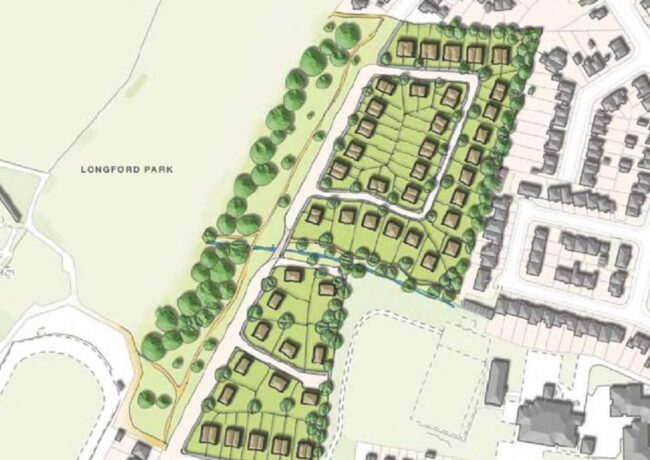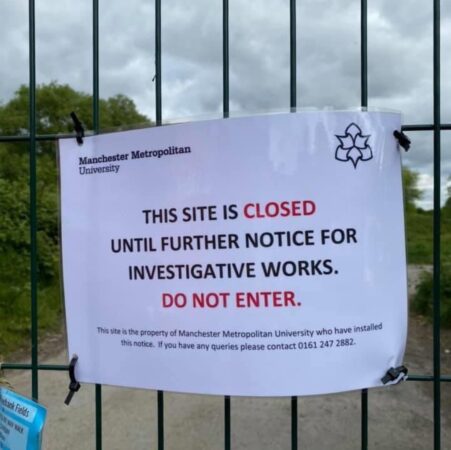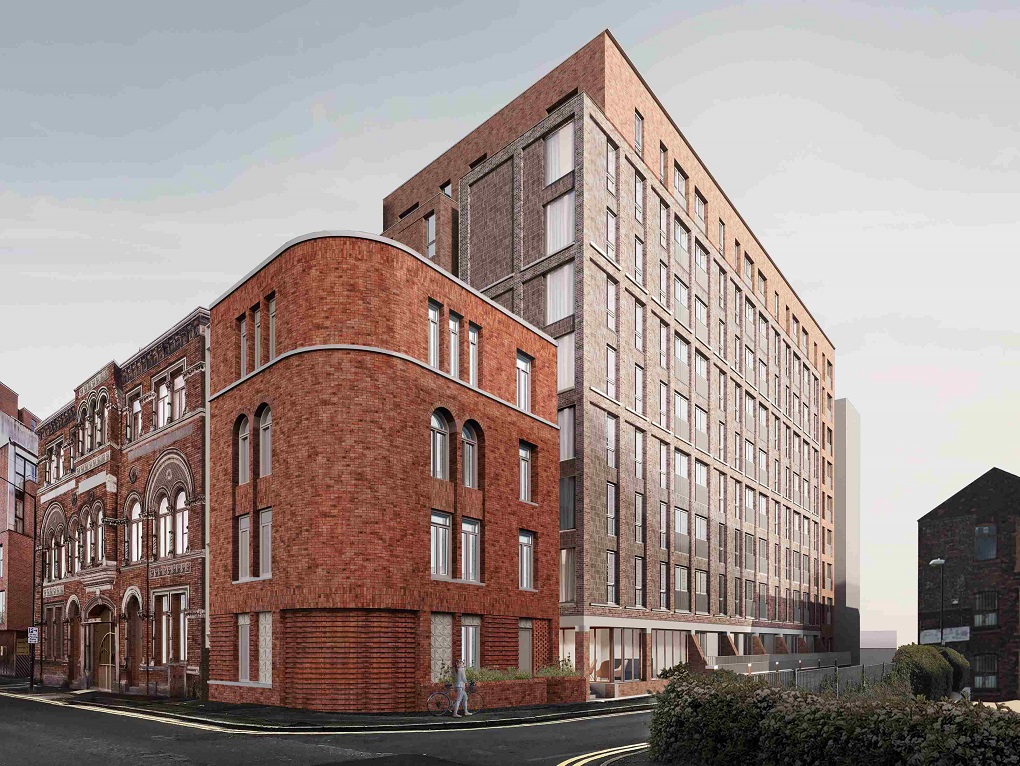MMU pushes ahead with Ryebank Fields sale despite asbestos discovery
Manchester Metropolitan University, which owns the fields and wants to sell the land for development, has confirmed that asbestos was found on the site, located next to Longford Park in Chorlton, after a member of the public found a suspicious material in May but that plans to sell the land to a developer are still very much alive.
In a statement MMU said the discovery of asbestos at the 10-acre site “means there is a risk to public health until the land is made safe as part of the future development”. As a result the university will now erect fencing to close the area off to the public until it has been redeveloped.
Speaking to Place North West, the university confirmed it still plans to sell the site for development and will start marketing the opportunity through agent Cushman & Wakefield this month.
MMU will not seek to remediate the land or obtain planning consent before the sale, preferring instead to leave those issues in the hands of the developer.
A statement on MMU’s website said: “The costs associated with cleaning up a site of this size are significant and can only be funded by the university from the proceeds of its sale. This is not therefore a solution that the university can afford at this stage.”
In May, Save Ryebank Fields, a group campaigning against the redevelopment of the site, claimed a member of the public had discovered asbestos on the field and that the material had been exposed following site investigations commissioned by MMU.
However, the university claims the asbestos was found “away from areas where testing bore holes were dug” and said the material had been unearthed by “erosion, caused by a combination of wet weather, followed by dry weather, and by the everyday wear and tear of people walking over the site.”
In May, when the suspicious material was found, the member of the public who discovered it took samples away to test.
Eight of the samples tested positive for asbestos, including one which confirmed crocidolite asbestos, the most harmful and carcinogenic of all asbestos materials, according to Save Ryebank Fields.
At the time, MMU said it had not seen the results of the tests but it had acted to make the site safe and conducted a detailed inspection.
The results of the university’s inspections, carried out by environment consultancies e3p, Environmental Essentials and OPS Environmental, confirmed the presence of asbestos at surface level in four locations across the site, something that MMU said it had not found during previous surveys.
However, in its statement, MMU said: “Before we owned it, Ryebank Fields was a clay pit for a nearby brickworks. When this use stopped, it was backfilled.
“Surveys conducted for us recently indicate that some of the backfill materials are potentially hazardous.”
While Save Ryebank Fields is against the redevelopment of the site, another group, Chorlton Community Land Trust, is hoping to influence the direction of development, which it considers is the most likely outcome for the site.
The focus of CLT, which has almost 300 members, is to ensure that any proposed development contains ample provision for affordable housing, the protection of community space, and a commitment to low carbon development, according to chairman Steve Goslyn.
The development framework, adopted last year, describes provision for up to 120 homes.





